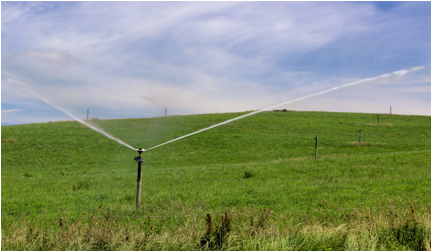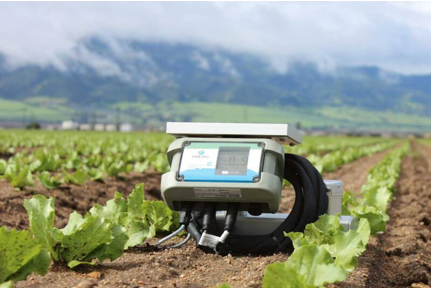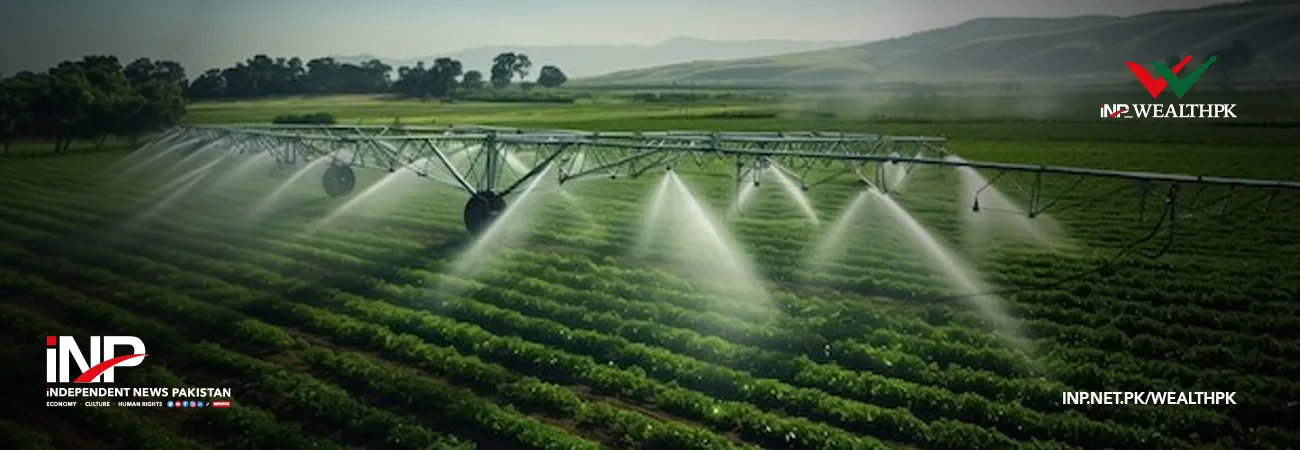INP-WealthPk
Ahmed Khan Malik
The Balochistan government has introduced an irrigation management system (IMS) to improve water distribution efficiency and sustainability across the province, reports WealthPK.

The development marks a major milestone in the province’s commitment to tackling water scarcity and improving agricultural productivity through technology-driven solutions, and a significant step toward modernizing its agricultural infrastructure.
Balochistan relies heavily on agriculture for its economic sustenance. However, the region has long grappled with severe water management challenges, including outdated irrigation infrastructure, inefficient water usage, and poor monitoring mechanisms. These issues have not only hindered agricultural output but also heavily strained the province’s already limited water resources.

“The newly launched IMS is designed to bring the much-needed transparency, data integration, and real-time monitoring to the irrigation sector. Through this system, irrigation officials will now have access to satellite imagery, sensor-based field data, and water flow metrics that will enable better planning and timely decision-making.
The farmers will also benefit by receiving timely updates and forecasts regarding water availability and irrigation schedules,” said Zafar Baloch, Director of Irrigation Department. Sharing the project details with WealthPK, he said the government has partnered with national and international experts to develop and implement the IMS.
According to the official, the system includes features such as geographic information system (GIS) mapping, flow meter integration, and mobile applications that allow ground-level staff to report and receive data seamlessly. The initiative is being piloted in selected districts with plans for phased expansion across the province. He emphasized the importance of digital transformation in resource management.
“With the introduction of the IMS, we are moving toward a smarter, more efficient irrigation network. This will not only help conserve water but also ensure that farmers receive their fair share based on actual demand and supply data,” he said. In addition to improving efficiency, Zafar noted that the IMS is expected to play a crucial role in combating water theft and unauthorized usage, which have historically plagued the irrigation system.
With digital surveillance and automated alerts, the authorities will be better equipped to enforce regulations and ensure equitable distribution. Irrigation experts have welcomed the initiative, noting that it aligns with broader climate adaptation strategies. “As the effects of climate change intensify, particularly in arid regions like Balochistan, intelligent water management has become essential.
By utilizing data analytics and real-time feedback loops, the IMS aims to optimize the use of every drop of water,” said Zar Gul Kakar, an irrigation expert in Quetta. He said the farmers’ associations have also shown optimism about the system, though some have urged the government to ensure sufficient training and support for end-users. “Technology is only as effective as its implementation on the ground,” noted one local farmer.
“We hope the government will provide hands-on training and maintain open communication channels to address issues promptly.” He said the IMS initiative reflects a forward-thinking approach that balances tradition with innovation. If successfully implemented and expanded, it will check water losses and ensure fair and efficient distribution of water in the province, he added.
Credit: INP-WealthPk











